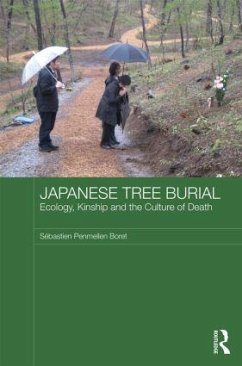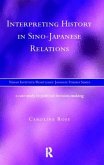Tree burial, a new form of disposal for the cremated remains of the dead, was created in 1999 by Chisaka Genpo, the head priest of a Zen Buddhist temple in northern Japan. Instead of a conventional family gravestone, perpetuating the continuity of a household and its identity, tree burial uses vast woodlands as cemeteries, with each burial spot marked by a tree and a small wooden tablet inscribed with the name of the deceased. Tree burial is gaining popularity, and is a highly-effective means of promoting the rehabilitation of Japanese forestland critically damaged by post-war government mismanagement. This book, based on extensive original research, explores the phenomenon of tree burial, tracing its development, discussing the factors which motivate Japanese people to choose tree burial, and examining the impact of tree burial on traditional views of death, memorialisation, and the afterlife. The author argues that non-traditional, non-ancestral modes of burial have become a means of negotiating new social orders and that this symbiosis of environmentalism and memorialisation corroborates the idea that graveyards are not only places for the containment of human remains and the memorialisation of the dead, but spaces where people (re)construct, challenge, and find new senses of belonging to the wider society in which they live. Throughout, the book demonstrates how the new practice fits with developing ideas of ecology, with the individual's corporality nourishing the earth and thus re-entering the cycle of life in nature.
Hinweis: Dieser Artikel kann nur an eine deutsche Lieferadresse ausgeliefert werden.
Hinweis: Dieser Artikel kann nur an eine deutsche Lieferadresse ausgeliefert werden.








